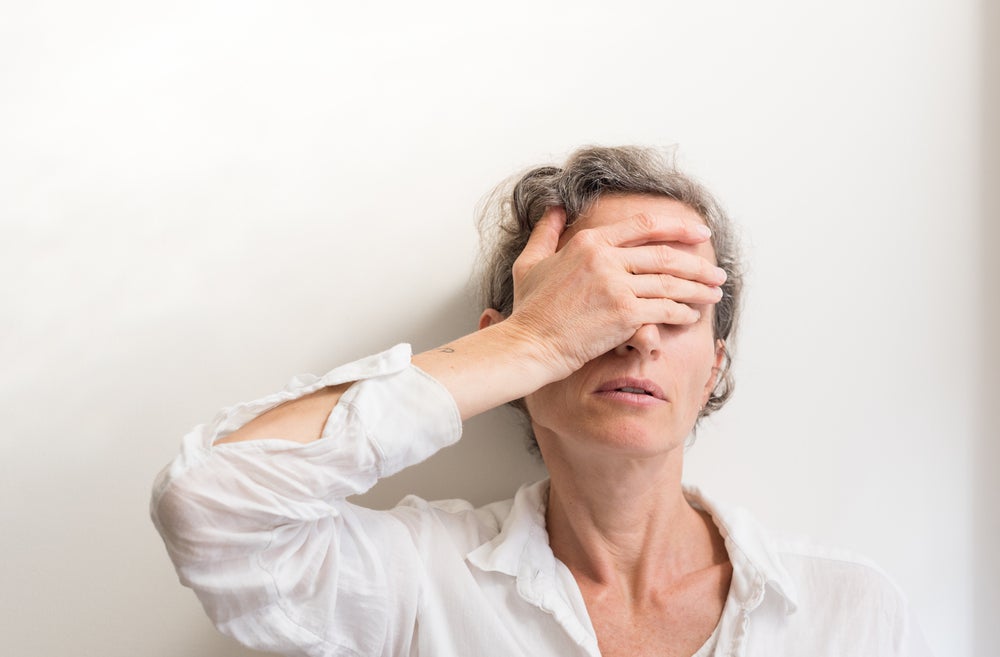Endometriosis After Hysterectomy? What Do I Do?
You knew that a hysterectomy wouldn’t cure endometriosis, but with all your issues it seemed like the best treatment option for you. But now you’re worried. Will endometriosis recur and how will you know if it does?
Whether or not endometriosis is going to rear its ugly head again, worrying won’t help or stop it. In fact, it might make things a bit worse – for one, stress isn’t healthy.
Don’t Panic
If you start experiencing symptoms that you think are endometriosis again, don’t panic. There are 101 things that can cause some of the same symptoms that are all too familiar, including stress. Even if endometriosis does show up on your doorstep again, that still won’t mean you need to do anything. It will depend on your symptoms and how your overall health and life are being affected.
Just like before your hysterectomy, there’s really no fool proof way to know if endometriosis is the problem unless you have surgery and pathology. And more surgery isn’t always the best plan. For one, there’s the anesthesia. Also, adhesions are a risk of surgery, and with endometriosis and prior surgeries, you’ve already had enough issues with those. And once again, if you aren’t seeing an endometriosis specialist, your surgeon may not be able to find and successfully remove all the implants anyway.
Instead, you and your doctor may want to make an educated guess based on symptoms. That’s why it’s a good idea to keep a symptom diary. Keep in mind that while the more details the better, the more you concentrate on symptoms the more you might experience them. Our brains can be funny that way.
Don’t Give Up
If you and your doctor feel there is a significant risk you will have endometriosis issues post-hysterectomy – maybe because some was left behind – or if you start having some symptoms, you have some options. You can consider birth control pills which can be a first line of treatment for endometriosis anyway. Some type of progesterone or progestin might be an option for you. Depending on the extent of symptoms, your doctor may want you to consider medications such as Lupron or an aromatase inhibitor.
Making some lifestyle changes could help, too. The healthier you are, the better able your body might be to fight off or cope with endometriosis. Eat well, exercise regularly, manage stress, get plenty of sleep, and don’t skip your yearly well-woman exams. You can also explore if there are foods you should and should not eatand whether going gluten-free, avoiding foods with plant estrogen, and cutting out sugar would be helpful. There are also some alternative treatments you could explore with the help of your doctor or a licensed naturopathic or homeopathic professional.
Don’t Obsess
Whether or not endometriosis is going to be an issue after a hysterectomy can be a bit like playing Russian Roulette, so don’t obsess about it. There are a lot of variables that come into play and still so many unknowns about endometriosis. In many ways, there’s really not much you can do at this point, so give yourself a break. Be proactive with your health, but just take it one day at a time. Enjoy life today and leave tomorrow’s trouble for tomorrow.
This content was written by staff of HysterSisters.com by non-medical professionals based on discussions, resources and input from other patients for the purpose of patient-to-patient support. Reprinted with permission: Endometriosis After Hysterectomy? What Do I Do?







